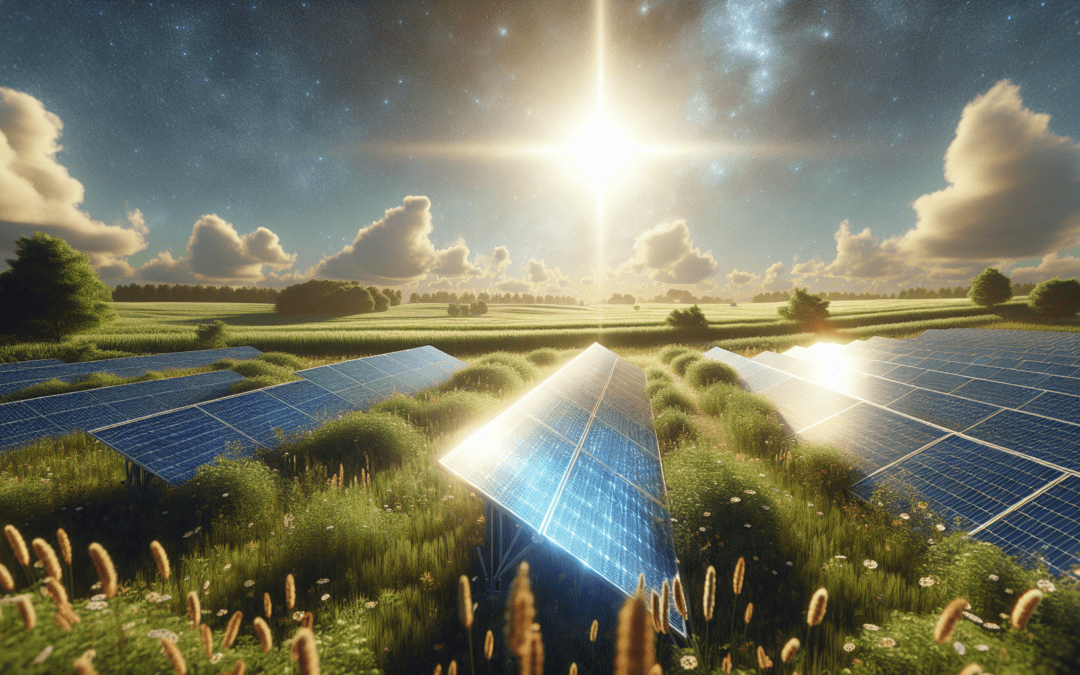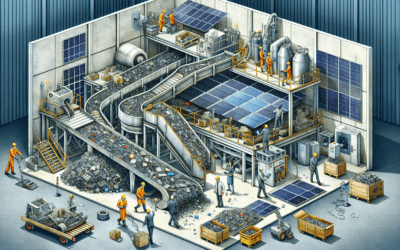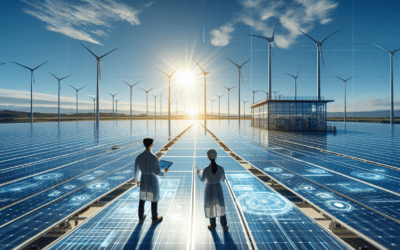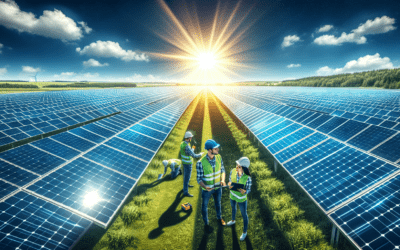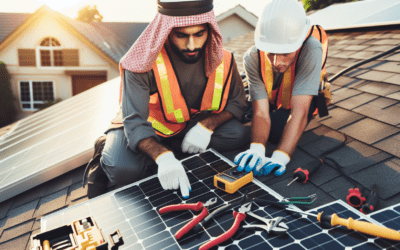Introduction
Going solar is not just an environmental call to action; it’s also a significant investment. With the cost involved in purchasing and installing solar panels, homeowners naturally want to know just how long they can expect their solar panels to last. As Houston’s trusted solar repair specialists, we often field this query from our clients and prospective solar adopters.
Fortunately, solar panels are designed for longevity. They are subjected to rigorous testing and performance metrics before they land on rooftops. However, like any piece of equipment exposed to natural elements, they are not indestructible. To give you a ballpark figure, typical solar panels can last between 25 to 30 years—but that’s hardly the end of the story.
A Quick Summary
While the lifespan of a solar panel is generally 25-30 years, with proper care and maintenance, they can perform effectively well beyond this period.
Solar Panel Life Expectancy
The lifespan of a solar panel is typically measured by its performance degradation rate—the rate at which the panel’s energy output decreases each year. On average, solar panels degrade at a rate of about 0.5-1% per year. This means that after 25 years, your panels may still be operating at around 80-85% of their original capacity.
Many factors can influence the degradation rate, such as the panel’s production quality, the material used, geographical location, weather conditions, and how well it’s been maintained throughout its life. So, while panel longevity is partly dependent on factors beyond your control, regular solar panel servicing can help keep your panels performing optimally.
Improving Panel Longevity with Maintenance
Maintenance plays a significant role in preserving your solar panels’ lifespan. A poorly-maintained panel is more likely to degrade at a faster rate compared to a well-cared-for one. Finding a reliable solar panel maintenance provider in Houston is the first step to ensure your panels’ longevity.
Inspections and cleaning are essential elements of solar panel maintenance. Routine inspections can identify potential problems before they become expensive repairs. And while solar panels self-clean during rainy days, bird droppings, dust, and other debris can accumulate on the panel’s surface, so periodic cleaning is crucial.
When Should You Replace Your Solar Panels?
Knowing when to replace solar panels can be a bit tricky. Even after the 25-30 years standard lifespan, your panels could still be working, albeit at a reduced efficiency level. Also, if your solar panels are not working, that doesn’t necessarily mean they need replacement; often, solar panel repairs can restore them to their original functionality.
Consider replacement when:
- The panel shows signs of physical damage that can’t be repaired, like cracks or corrosion.
- The energy output has significantly reduced and is affecting your electricity costs.
- You have an older model and upgrading to more advanced, efficient panels would be more cost-effective in the long run.
Recycling your old Solar Panels
Once your solar panels have lived their productive life and are ready for retirement, you might wonder what happens to them. Most solar panels are recyclable. The process involves disassembling the panels, extracting valuable materials like silicon, glass and metals, and reintroducing them back into the manufacturing chain.
Some companies specialize in solar panel recycling. This eco-friendly avenue not only reduces waste but also conserves resources. However, ensure you verify the recycling process as different companies might use different recycling methods.
Do Solar Panels Really Last That Long?
Solar panels are a long-term investment and, yes, they can indeed serve you diligently for two to three decades, and even longer with good maintenance. However, functioning at a reduced capacity after they’ve hit their warranty period doesn’t mean they are failing—it’s just a typical and expected part of a panel’s lifecycle.
Design and technology improvements of the different types of solar panels available today are pushing the boundaries of energy efficiency and durability. So, with care and routine maintenance, your solar panels can truly be a sustainable and economical power solution in the long haul.
Conclusion
As we have seen, solar panels can last between 25-30 years, but with good care and maintenance, they can work beyond their rated lifespan. While external factors, such as the environmental conditions and the material quality, can affect the longevity of your solar panels, regular maintenance, including cleaning and servicing, can bring about a significant difference in their lifespan and efficiency.
Here at Solar Repair Houston, we are committed to helping you get the most out of your solar investment. Whether you require solar panel repairs, servicing or even solar panel cleaning services in Houston, we’ve got your solar needs covered. Contact us today and let our team extend the life and effectiveness of your solar panels.

